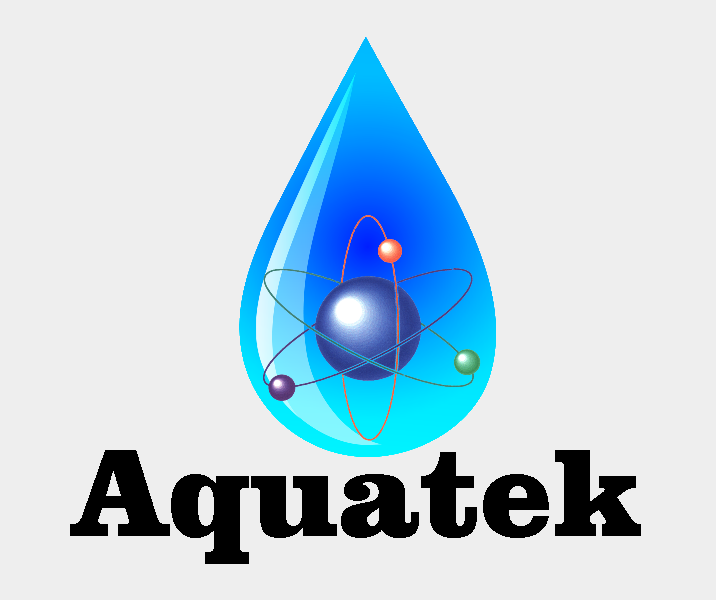A: Safe water means water that will not harm you if you come in contact with it. The most common use of this term applies to drinking water, but it could also apply to water for swimming or other uses. To be safe, the water must have sufficiently low concentrations of harmful contaminants to avoid sickening people who use it. The list of harmful contaminants includes disease-causing microbes such as bacteria, viruses, and protozoans; cancer-causing chemicals such as many pesticides, organic solvents, petroleum products, chlorinated byproducts of the disinfection process, and some metals and metalloids; nitrates and nutrients, endocrine-disrupting compounds, strong acids, strong bases, radionuclides, and any other acutely toxic substance. Defining safe water becomes a matter of risk assessment, in which you consider the chance of illness or injury from drinking the water, in comparison to the risk of illness or injury from the many other hazards in our lives,for example, riding in a car, or breathing the air, or shaking hands, or exposure to radiation from the sun, or to contaminants in the food we eat. In comparison to such other activities, drinking U.S. public tap water, or any of the bottled waters, or water from most domestic wells, is very safe indeed. These waters might come from wells or springs that tap shallow or deep aquifers, from rivers or lakes, or glaciers, or even from rain-water collectors, fog collectors, or from desalinated sea water. Most of these waters are filtered and treated to kill microbes and keep contaminants at safe levels.
How do you define "safe levels"? The U.S. Environmental Protection Agency (EPA) sets Maximum Contaminant Levels (MCLs) for many harmful contaminants, based on health-effects research, contaminant occurrence data, economic analysis, and risk analysis. The MCLs for currently regulated drinking-water contaminants are listed on EPA's Office of Ground Water and Drinking Water Web page under "Drinking water standards program."
Keep this in mind: water that is safe for one person may be unsafe for another. If your immune system is weakened by HIV/AIDS, or by a recent bone-marrow transplant, or if you are a young child or an elderly person, or pregnant or a nursing mother, you are more susceptible to contaminants in drinking water than the rest of the population. Your doctor may urge you to take extra precautions with the safety of your drinking water. An online reference is EPA/CDC's guidance for people with severely weakened immune systems is available. We can meet with you and determine what you would need to meet your water quality needs.
